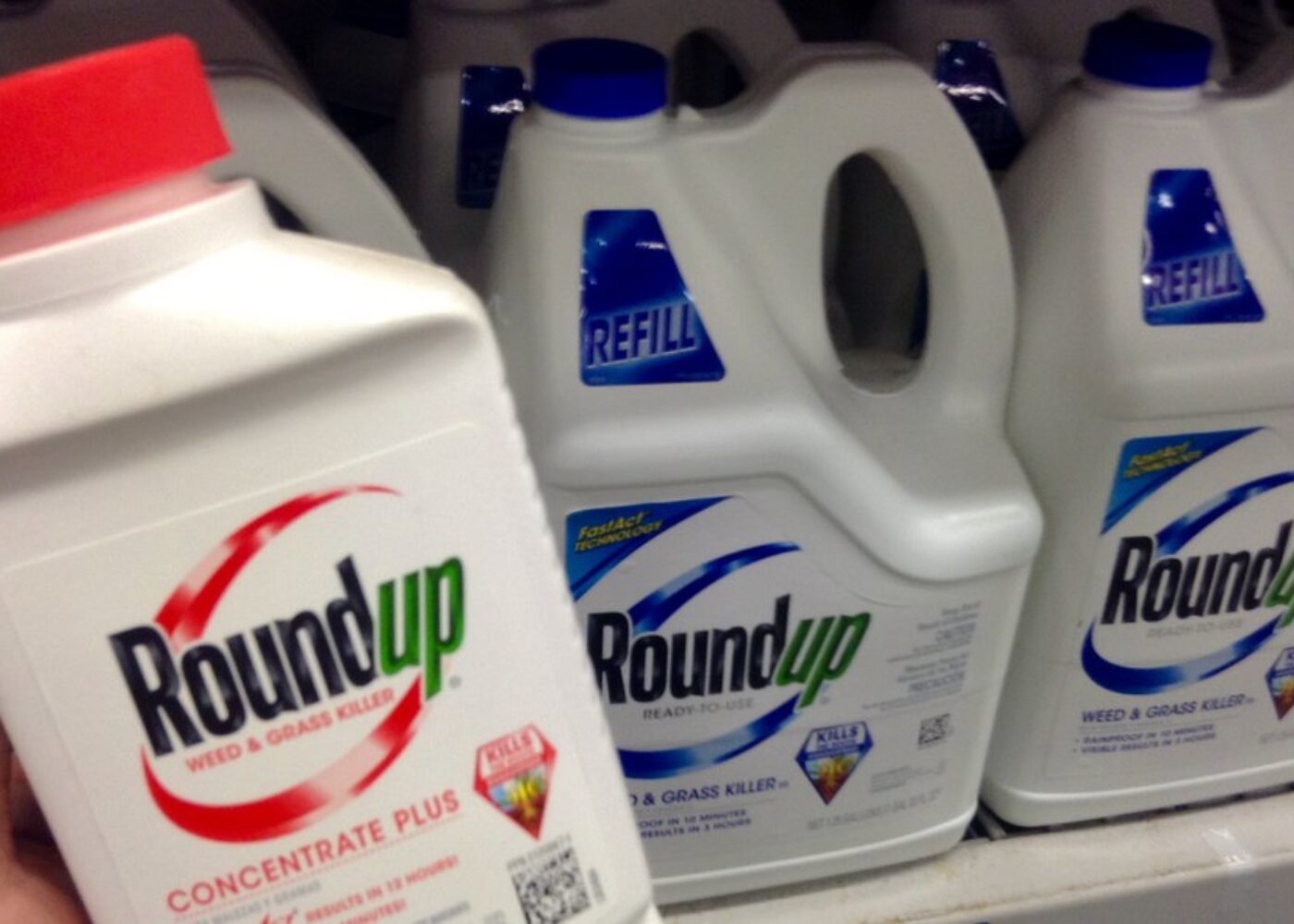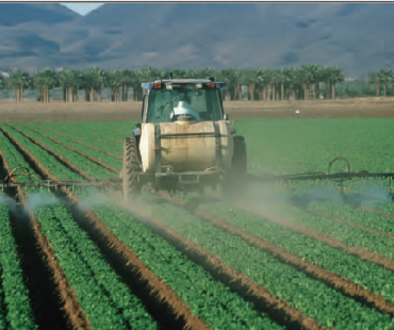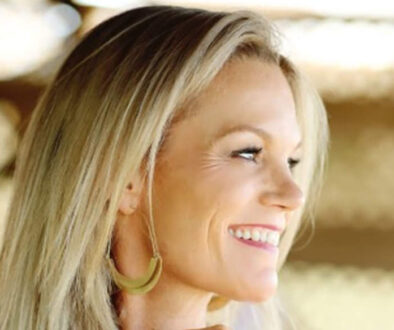Roundup Risk: A Farmworker Shares Deep Concern

We receive emails and notes from readers every day. Some stop us in our tracks, like this one, and we feel that they are really important to share so that others understand that they are not alone in their work and concern over the health of our families and food system.
This one is powerful, especially given that the International Agency for Research on Cancer just published a Q&A on glyphosate, the key ingredient in Roundup, that the agency now calls a “probable carcinogen.”
What can we do? Educate each other, share resources and stories, keep working towards a smarter food system. The legacy is ours to create.
Dear Robyn,
I just read your post about the woman who worked for Target and your advice to her. It resonated with me because I work for a conventional farm. They spray pesticides, including Roundup. I lost my mom to cancer when I was 26, she was 56.
Before she died, she encouraged me to find my birth mother. I did. I just lost her to cancer too. I’m 42 now, my birth mother was also 56 when she died.
My birth mother was a landscaper her whole life. She sprayed Roundup almost daily. She was told it was perfectly safe and that she didn’t need any PPE. She never saw a label or SDS for any of the pesticides she worked with. She recalled getting it on her hands and clothes and breathing in the mist from the spray.
She was diagnosed with an extremely aggressive form of breast cancer. By the time they found it, it had spread to her lymph and lungs. From there it progressed to her bones and then her brain. She had no family history of cancer, and genetic testing confirmed this.
I work for a small family hop farm in Oregon. The farmers are good people. They are farming the only way they know. The mother of the current (4th generation) farming family was diagnosed with grade 4 glioblastoma two years ago. I am friends with the family and I’m also a scientist with a background in biochemistry and interest in nutrition.
When she was diagnosed they reached out to me for advice. I had already done extensive research about cancer and treatments, both conventional and alternative, for my moms. I worked with the family to learn how much they were willing to adjust their lifestyle and invest in health in the face of a lethal brain cancer diagnosis. As is consistent with my experience, the answer was not very much, with the exception of what mainstream MDs advised.
Based on my research, I determined the most effective thing that would be the easiest to do is to adopt as much of the Budwig diet as possible. She did this, and I’m happy to report that she is alive and well, and the cancer has not come back after her initial surgery. This is basically unheard of with grade 4 glioblastoma, and while her doctors are impressed, I was asked not to come back to any of her appointments with her after the first and only time I accompanied her to her appointment (they did not appreciate my questions).
I’m writing to you to ask for your help. I feel like I should stay at this farm and do what I can to effect change. I have tried and mostly have been met with resistance and negativity, but I have also had success in other areas around sustainability, so I remain hopeful.
The challenge for me is that there is so little information about how to farm any way other than conventionally. I helped the farm become salmon safe certified, but there is still so much to be done. Going organic is not an option for them in the short term, but I am wondering if there are any resources you know of for farms hoping to make the transition or even just for reducing pesticide use.
Thank you so much for the good work you do. You inspire me and give me hope for the future.
Sincerely, Staci






